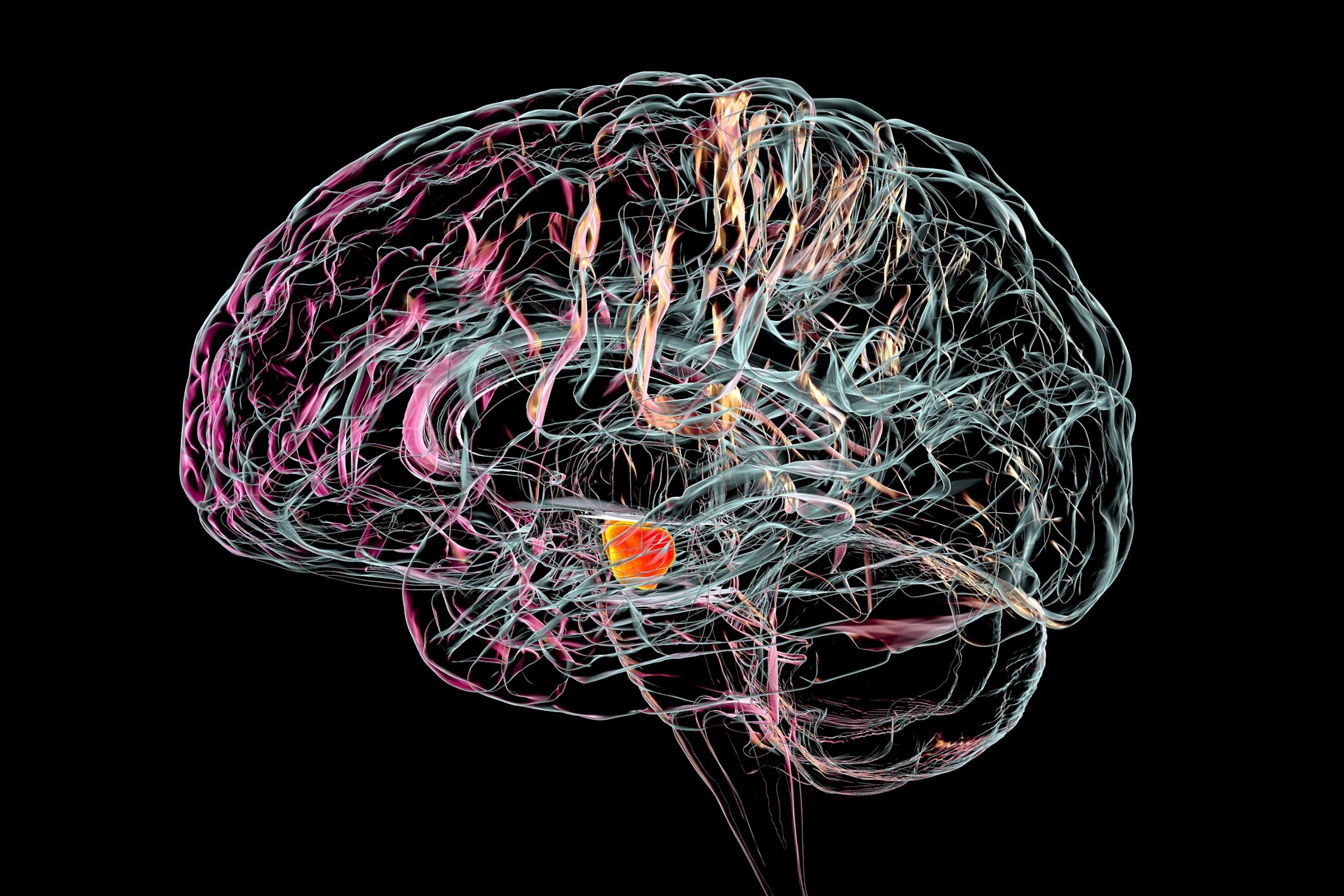What To Know About Parkinson's Disease Following Ozzy Osbourne's Death

Ozzy Osbourne, lead singer of the legendary heavy metal rock band Black Sabbath, died this week at age 76.
Although Osbourne's cause of death hasn't yet been publicly released, he revealed in an exclusive interview with "Good Morning America" in 2020 that he had been diagnosed with Parkinson's disease in February of the previous year.
"There's so many different types of Parkinson's. It's not a death sentence by any stretch of the imagination but it does affect certain nerves in your body," Osbourne's wife, Sharon, said during the interview. "And it's like you have a good day, a good day, and then a really bad day."
Here's what you need to know about Parkinson's, including what are the symptoms, how it's diagnosed and what treatments are available.
What is Parkinson's disease?
Parkinson's is a neurodegenerative disorder characterized by the weakening of nerve cells, which become damaged and die, according to the National Institute of Neurological Disorders and Stroke (NINDS).
The most significant loss of neurons occurs in an area near the base of the brain called the substantia nigra, NINDS said. The neurons in the substantia nigra produce dopamine, which is a neurotransmitter that plays a vital role in controlling movement.
"As we grow older, all of us lose dopamine but the people who develop Parkinson's disease lose it faster," Dr. Osama Abu-Hadid, a neurologist specializing in movement disorders at New Jersey's Hackensack Meridian Neuroscience Institute at Hackensack University Medical Center, told ABC News.
Parkinson's affects more than 1.1 million people in the U.S., according to the Parkinson's Foundation. That figure is expected to reach 1.2 million by 2030.
"Generally, neurodegenerative diseases such as Alzheimer's and Parkinson's disease have been on the increase because people are living longer," Abu-Hadid said.
There currently are no specific tests to diagnose Parkinson's disease. The diagnosis is clinical based on a physician's review of a patient's medical history and by performing a physical examination.
What are the symptoms of Parkinson's disease?
Progression of Parkinson's disease symptoms typically occurs slowly over several years and can vary from person to person, according to the Parkinson's Foundation. Typically, symptoms begin on one side of the body. While Parkinson's will eventually affect both sides of the body, one side will generally exhibit more severe symptoms than the other, according to NINDS.
Symptoms of Parkinson's can include tremors, muscle stiffness, slowing of spontaneous movement, and problems with gait and balance. Patients may also experience difficulty chewing and swallowing or changes in speech.
Some patients can also develop non-motor symptoms, including constipation, hallucinations, depression, loss of smell and sleep problems, Abu-Hadid said.

What Parkinson's disease treatments are available?
Currently, there is no cure for Parkinson's, but physical therapy can help slow progression of the disease and a healthy diet can promote overall well-being, according to Abu-Hadid.
However, there are medications that may improve some Parkinson's symptoms. These include drugs that increase the level of dopamine in the brain, drugs that interact with other neurotransmitters to help ease some symptoms, and medications that can help control the non-motor symptoms, according to NINDS.
If medications aren't working, "procedural options include deep brain stimulation, which is an electrode, or electrodes, that are placed in the brain by a neurosurgeon, and then a physician like myself programs the electrodes to give electricity in a certain way," Abu-Hadid said.
The electrodes can stimulate the brain and help block signals that cause the motor symptoms of Parkinson's, according to NINDS.
Popular Products
-
 Black Cumin Seed Oil & Ashwagandha
Black Cumin Seed Oil & Ashwagandha$43.99$14.80 -
 Shilajit Capsules for Strength & Vita...
Shilajit Capsules for Strength & Vita...$43.99$29.78 -
 Pre-Workout Supplement for Strength, ...
Pre-Workout Supplement for Strength, ...$43.99$29.78 -
 Centrum Multivitamin for Energy, Immu...
Centrum Multivitamin for Energy, Immu...$43.99$25.67 -



